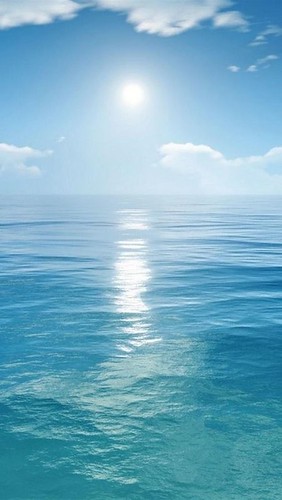You are using an out of date browser. It may not display this or other websites correctly.
You should upgrade or use an alternative browser.
You should upgrade or use an alternative browser.
Η ήρεμη θάλασσα μακρυά κάτω στο βάθος έδινε μια γυαλάδα σαν να της έδειχνες φακό
- Thread starter Theseus
- Start date
I completely don't understand it.
Hm, Marinos's suggestion is good. If we see in the darkness a torchlight from far away, it lights in a starlike reflection. Perhaps the author wants to give this starlike picture, which one can also see when the sun is reflected further away from the observer, on the waves.
But it is still a lousy comparison, imho.
But it is still a lousy comparison, imho.
Marinos
¥
The comparison isn't very illuminating, pardon the pun: it spoils the view for me!
Don't blame the messenger!But it is still a lousy comparison, imho.
Μα δεν φταις εσύ, ο συγγραφέας φταίει. :)Don't blame the messenger!
The photos are beautiful!
And they say about... 3,000 words.
...
...a bright beam...
Come, you daughter of the moonbeam,
come and light the fire bright
Look at all these young and brave ones
sleeping in the still of night
Come, you son of blazing sunbeam,
come and light the fire bright
Look at all these young and brave ones
blinded by the shining light
...a bright beam...
Come, you daughter of the moonbeam,
come and light the fire bright
Look at all these young and brave ones
sleeping in the still of night
Come, you son of blazing sunbeam,
come and light the fire bright
Look at all these young and brave ones
blinded by the shining light
"...σαν να της έδειχνες φακό".
In normal everyday Greek we'd say "σαν να της έριχνες φακό" (i.e. το φως φακού).
Yep, that's the actual black spot. And the somewhat hazy one for me is "έδινε" for "γυαλάδα".
"...σαν να της έδειχνες φακό".
In normal everyday Greek we'd say "σαν να της έριχνες φακό" (i.e. το φως φακού).
That's why I couldn't understand it at the beginning...
pontios
Well-known member
Η ήρεμη θάλασσα μακρυά κάτω στο βάθος έδινε μια γυαλάδα σαν να της έδειχνες φακό
I think "κάτω στο βάθος" refers to the depth and not the horizon. Deep down below the calm sea gave off a glow as if someone shone a torch in it.
So I got the first part right .... Έδινε = gave off.
I agree with the rest. Welcome back!;)



